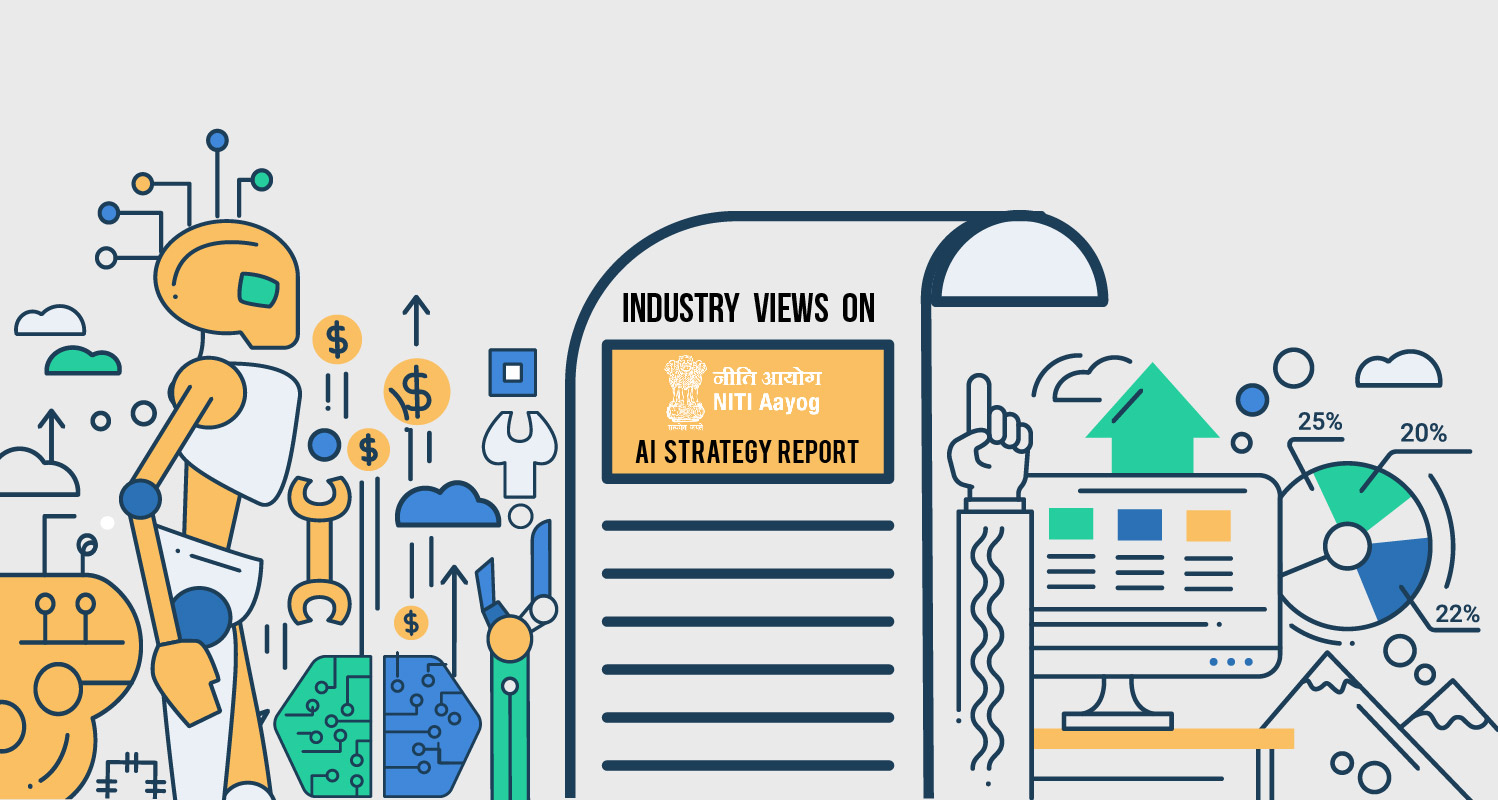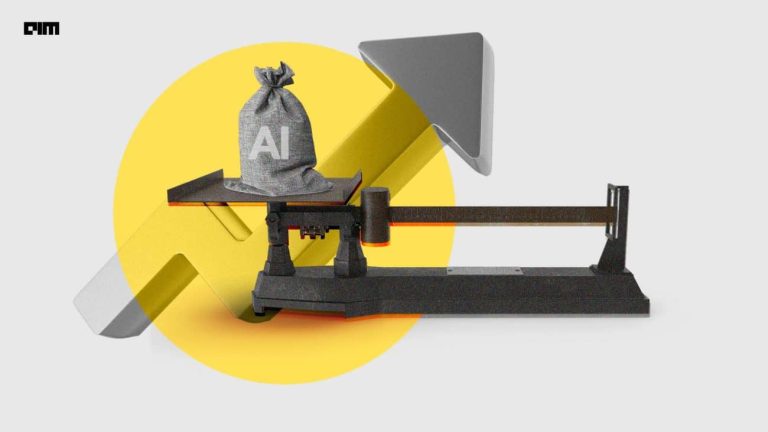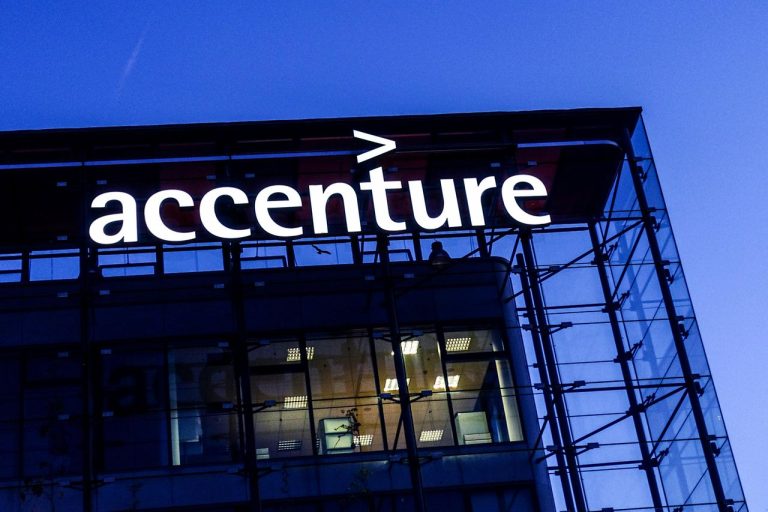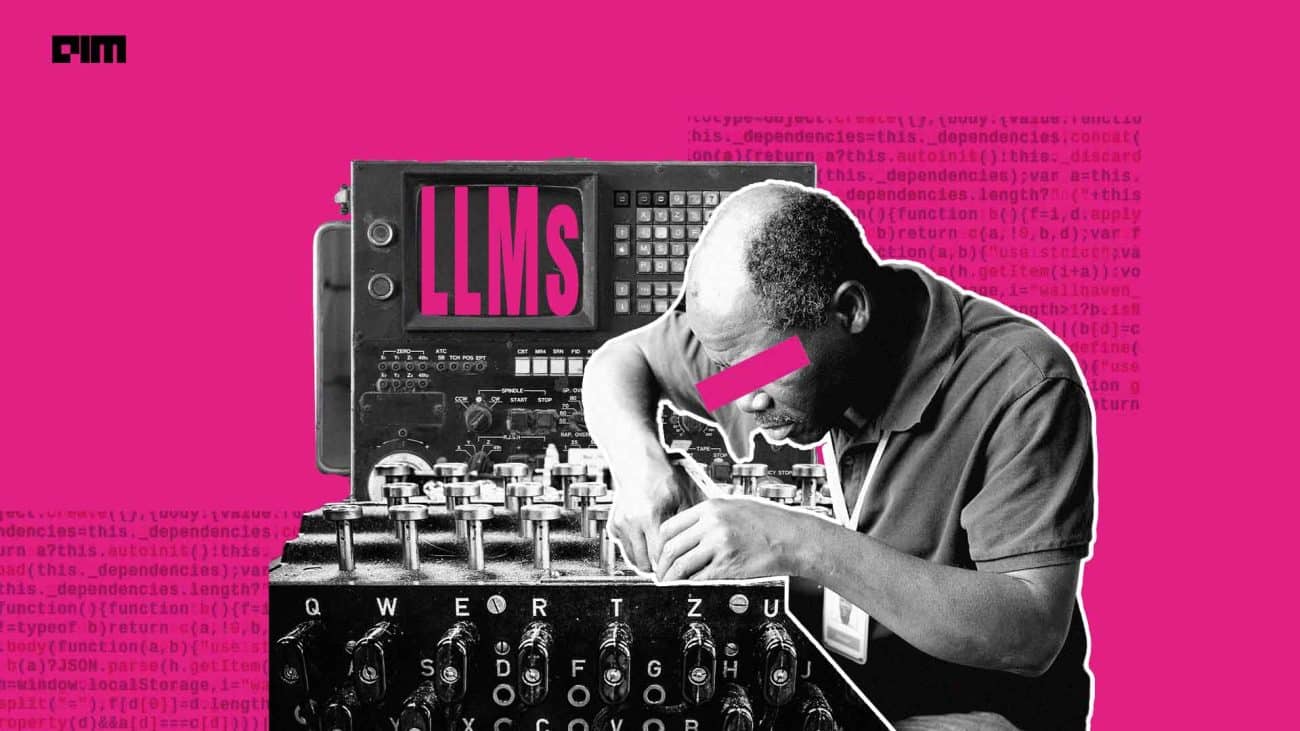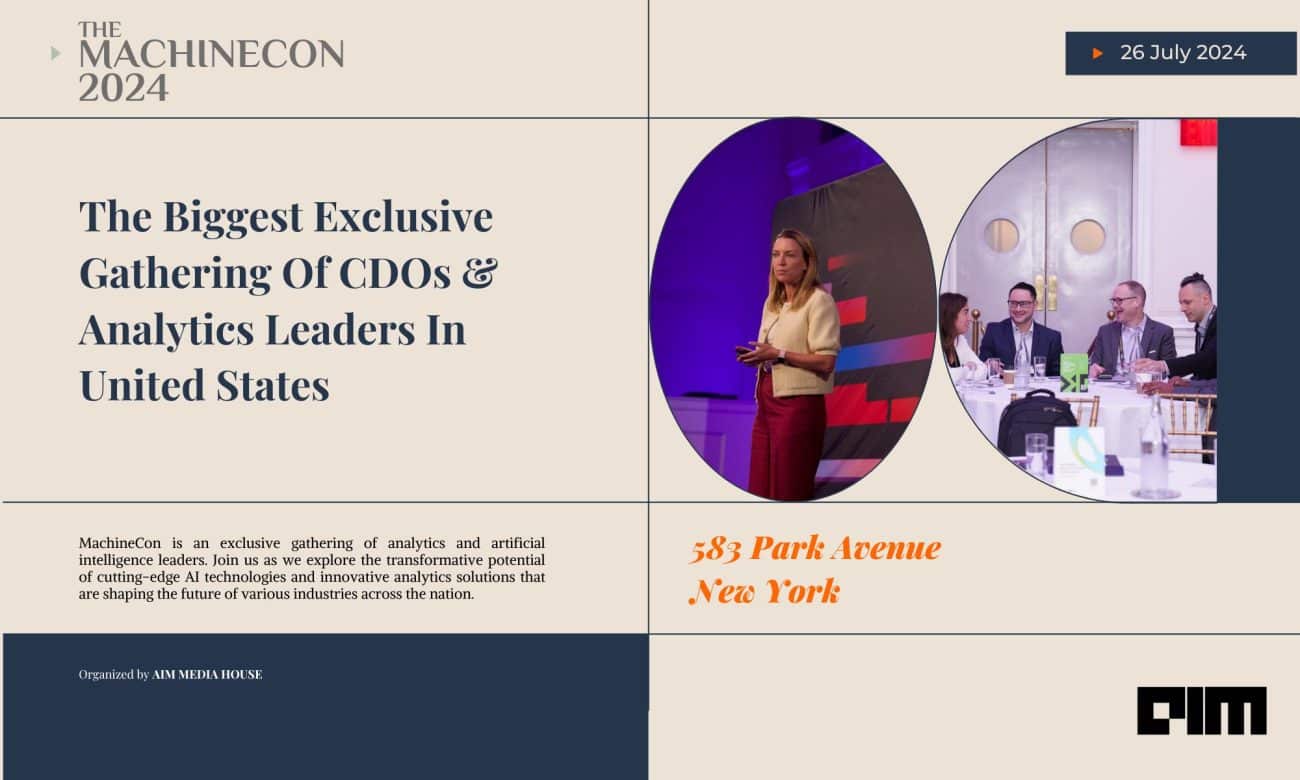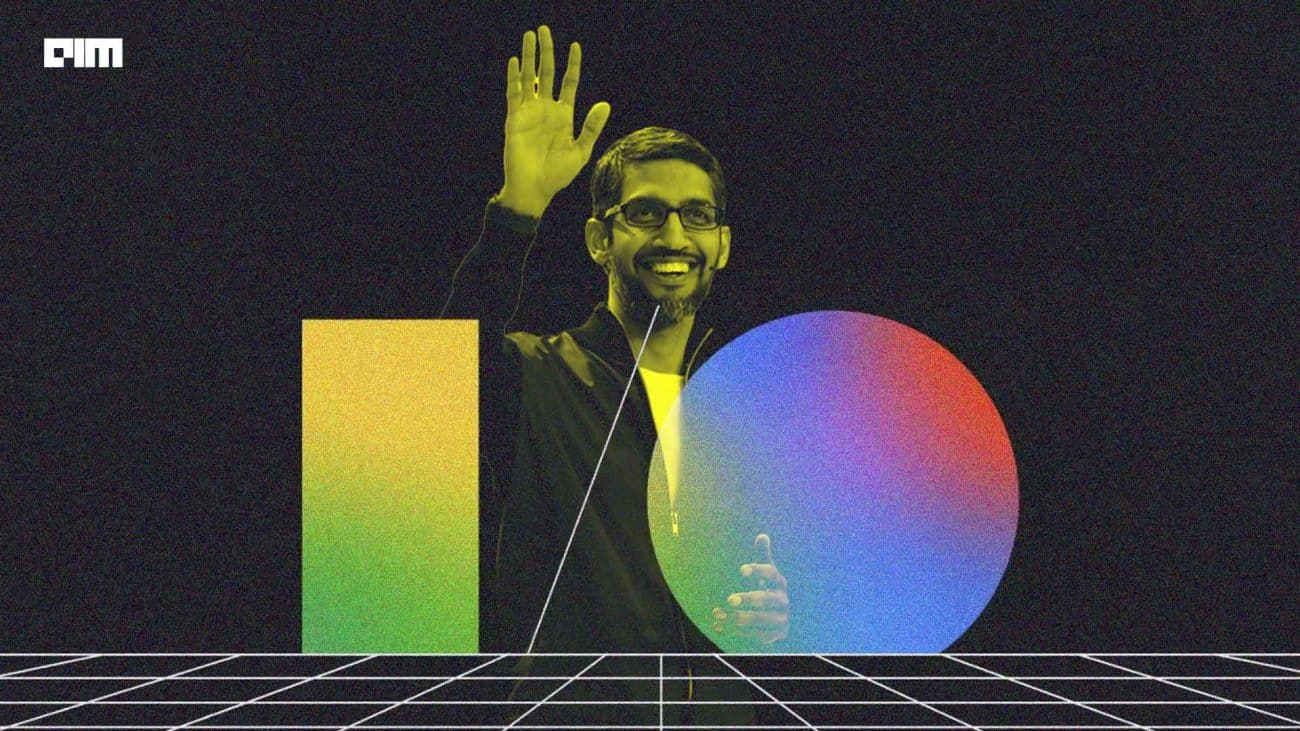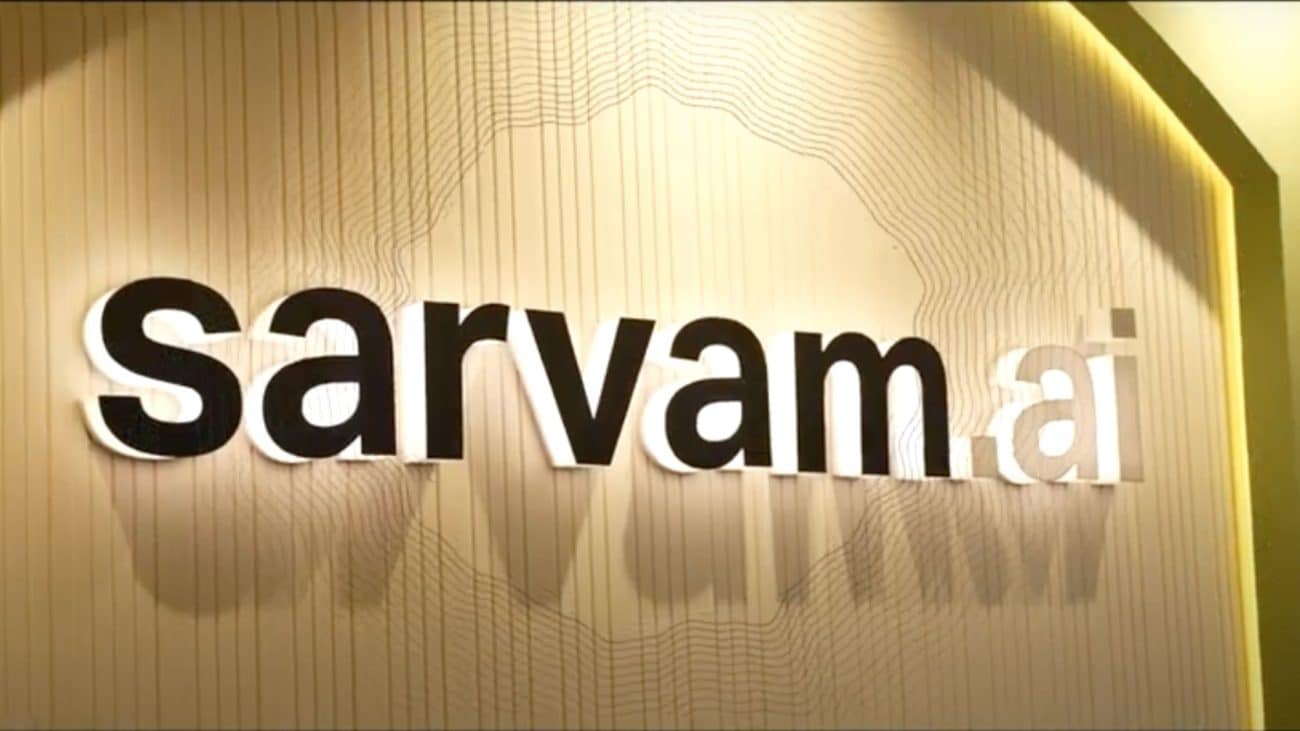Earlier this month, the NITI Aayog unveiled a discussion paper which addresses the national strategy on artificial intelligence and other emerging technologies in India. The government think tank identified five sectors to focus its efforts towards implementation of AI to serve societal needs. The five sectors are healthcare, agriculture, education, smart cities and infrastructure, and smart mobility and transportation.
The BJP-led government has put enough importance towards new technologies starting various new programmes and setting up an AI Task Force to prepare India for the upcoming Industrial Revolution 4.0. Through a series of events and speeches from earlier this year, PM Modi is seen to have been deliberately showcasing India as well as his government as technologically forward. Analytics India Magazine spoke to several industry insiders to find out their take on the NITI Aayog’s discussion paper and whether the five sectors chosen for implementation of AI were apt and progressive or not.
Srinivas Prasad, CEO, Philips Innovation Campus (Bengaluru)
I would like to commend NITI Aayog on setting out a vision and strategy for AI in India. AI adoption is progressing rapidly across several industries and a national strategy on AI is a good way to get this momentum going in India. The five areas that have been identified include healthcare coupled with the two-tier approach is a good set way to begin, learn and transform to address the challenges in the various sectors in India. This is a nascent field globally and a great opportunity for the brilliant minds from India to use AI to not just solve the problems in India, but also take these solutions to other parts of the world. We need to ride on this wave which has just started.
There are several areas in India where AI is already being applied. I believe that many of the AI solutions, if developed keeping the local context in perspective, the vision of “anywhere, anytime intelligent healthcare” will no longer be a utopian myth, but a reality in India!”
Abhirup Ganguly, Managing Director at Impact Analytics
We believe that the NAIM marketplace proposed in the policy is a very promising model. The attempts to create curated data and image sets are also great initiatives. We further believe that the government can provide meaningful acceleration to the emerging AI industry in the country by becoming a buyer of ‘homegrown’ AI solutions through this marketplace. While the initiatives regarding medical diagnosis and agriculture taken along with global AI players like Microsoft and IBM can serve as pioneer examples; we believe there are many more opportunities for developing AI applications in these and other areas by Indian firms which the government can implement in government hospitals/agri-services.
Accenture India said in a report:
At a time when India is striving to rekindle productivity and growth, AI promises to fill the gap. A full and responsible implementation of AI will open new economic opportunities that would not otherwise exist. The guiding principle should be to create “people first” policies and business strategies, centered on using AI to augment and extend people’s capabilities for the benefit of humankind. Business and policy leaders will have to bring an India-focussed, “people first” mindset to the effort. Time is short. Among the world’s largest companies and economies in AI, only a small minority demonstrate high levels of capabilities and deployment in AI. India must join them in the coming years to enjoy the greatest potential for growth and sustained market leadership.
Suman Reddy, Managing Director at Pegasystems, India
This paper reflects NITI Aayog’s objective of transforming India through the power of AI. Conducting application-based research through the International Centers for Transformational AI (ICTAI) by collaborating with corporates shows that government’s deeper understanding of how best to leverage AI. However, the paper is still a prototype of the government putting plans into practice, skipping details like specifying synergies corporates can draw from their efforts with ICTAI. While other topics in line with the government’s vision are detailed, they are not accompanied by investment estimates and deadlines. Hence, further updates are awaited.
India needs to continue building a robust ecosystem of innovation talent like AI experts, from the large pool of STEM resources. The IT industry is already gearing up, with industry-wide efforts like NASSCOM’s Future Skills initiative to skill 2 million people in its first phase. World Economic Forum has similar plans, with its IT Skills Initiative to skill 1 million by 2021. NITI Aayog will need to take a leaf out of their books and come up with a blueprint in line with the country’s larger growth plans. It could collaborate better with industry, academia and regulators. Expanding the scope of AI is a great enabler for the new economy, but there have to be effective guardrails to ensure strong compliance to data and legal guidelines. This is where we can balance both the risks and rewards of AI, especially with the new data privacy regulation expected to be rolled out in India. My belief is that modern technology will solve these problems, and ensure rapid compliance.
Arjun Pratap, founder and CEO, EdGE Networks
The government’s push for AI via Niti Aayog is much appreciated by us as a player in the AI segment. Setting up of research centers to foster breakthroughs, IP protection and continuous reskilling to keep talent up-to-date is a great step in this direction. In fact, our AI based platform helps organisations forecast future demand, identify skill gaps and bridge the gap by upskilling existing staff or acquiring new talent.
The Niti Aayog policy will not only encourage a higher adoption of technologies like AI, ML, automation, etc., but also help in demystifying the thought blocks among people apprehensive of using technology. The time is right when we must acknowledge the fact that these technologies have a much higher potential for social as well as corporate development and in driving India towards becoming a global leader.
Karthik Kadampully, co-founder and CEO, AEON Learning
With NITI Aayog being given the mandate to establish the National Program on AI, this blueprint is a welcome move towards transforming various key sectors in India through AI. However, in order to build a robust ecosystem, we will also need the right skilled talent, which has been a matter of concern for the industry for a while now. The immediate focus will now have to be on how to bridge the talent gap in emerging technologies, which in this case is AI. The good news is that India already has a large pool of IT professionals who can be suitably tutored in emerging technologies. This is an ideal scenario where government and industry can rope in edtech companies to provide the required skilling programs, given that edtech companies have the technological capabilities and more importantly access to quality faculty and highly acclaimed mentors. This would consequently result in a high-quality skilled talent pool. NITI Aayog’s National Program on AI has come at an appropriate time, as corporates are currently progressively seeking to upskill their employees, now that emerging technologies such as AI are being widely deployed across industry verticals.
Mithun Srivatsa, co-founder and CEO, Blowhorn
NITI Aayog looking into AI for All is a good start to look at the confluence of policymaking, enterprise and innovation. AI requires concerted efforts considering that narrow AI will change industries and harnessing demographic dividend requires us to be aware of where the AI/ML industry is headed. In logistics, AI has always augmented existing planning mechanisms. From route planning, to managing loading factors to co-locating inventory closer to customers, Blowhorn uses a bunch of these applications regularly. India cannot be a laggard in AI. ‘Wait and Watch’ approach will be detrimental to job creation and industry flexibility. Currently, dependency on global products (such as Google Maps) powering local Indian companies is high. NITI Aayog should focus on strategic stacks (mapping, banking etc.) and drive more homegrown efforts.”
Nitin Tanwar, founder and CEO, Climate Connect Technologies
Clean data is the biggest bottleneck for the application of AI at scale outside of Indian urban areas. Climate Connect Technologies has deployed AI at solar power plants across 12 states in North, Central and Southern India. According to our experience, India lacks reliable data gathering and processing infrastructure outside major cities to truly leverage AI. Historically, there have not been enough weather stations in India’s rural areas, hence there is a dearth of reliable clean weather data of appropriate resolution, to “train” AI models built for sectors such as renewable generation and agriculture. India’s data scientists and software engineers will need to innovate clever ways to overcome such unique Indian challenges, that are, of course, not seen in Europe or US. This is where the move by NITI Aayog can leverage the expertise of companies like Climate Connect, in using AI to address our environmental and clean energy challenges.
Guruprasad Srinivasan, President, Heptagon Technologies (A Quess Company)
It’s time we also embrace it fully and establish our leadership in the global economic scenario. The right implementation of AI in a strategised way will be helpful in tackling societal challenges and impact people’s lives in a positive manner. It becomes far more relevant in the business context to leverage technology in gaining a competitive advantage by building sustainable solutions. At Quess, we are constantly working on digitally-driven solutions to fasten processes. The paperless onboarding platform, built by our digital solutions enabler, Heptagon Technologies, is fully automated and has resulted in saving approximately 1.5 million sheets of paper. Technology becomes a positive disruption when implemented correctly and the NITI Aayog paper has pointed us in the right direction.
Sanjay Bahl, CEO and MD, Centum Learning
The emergence of AI is both a factor and a result of decreasing cost of storage, exponential growth of data, unlimited computing power and rapid rise in AI investments. AI can provide personalised, targeted, and dynamic intervention with easy accessibility for all the 5 sectors mentioned in the NITI Aayog report. This would give a wider lens for effectiveness, business impact, and outcome-driven solutions with real-time selection of content.
Yogesh Ghorpade, CEO and founder, Uplodefoodie
With this initiative from NITI Aayog few other problems can be solved to a large extent. This strategy is expected to ease the Root Cause Analysis of the problem, which always lies in the behavioural traits of individuals and lack of intelligent ways and means. These solutions will affect individuals’ behaviour by promoting appropriate practices across varied sectors. By using latest developments in technologies like AI, IoT, AR and Robotics, these issues can be solved in better way. In addition, there has been a lot of development in India which has resulted from latest technological solutions including, Mobility, Artificial Intelligence, Robotics, Data Analytics and IoT.
Ashutosh Lawania, co-founder, mfine
NITI Aayog’s comprehensive AI strategy strikes the right balance between economic growth and social development. A national strategy with focus on the sectors with high degree of societal needs like healthcare, education and agriculture will not only drive inclusive growth but will also enable a better quality of life.
The proposed two-tiered structure for knowledge sharing and development can drive exponential growth of AI innovation in India. With CORE (Center of Research Excellence) and ICTAI (International Center of Transformational AI), AI stakeholders can together work on the development of existing research and supplement it by new knowledge creation. Private sector collaboration will enable India to lead in the deployment and development of AI solutions and also collaborate with other emerging markets and build sector-specific solutions. The approach of transparent NAIM (National AI Marketplace), where all stakeholders from government to startups to institutions come under one platform, will help drive faster adoption of AI solutions.
As an AI-powered healthcare startup, mfine is excited to see NITI Aayog committed to solving the challenges in accessibility to quality healthcare. We believe that high quality and on-demand access for primary healthcare is an area where AI can make a significant contribution by enabling early detection, effective diagnostics, and faster decision making and treatment.
Abhay Pendse, chief architect, Corporate CTO Organisation, Persistent Systems
AI will play a significant role in healthcare in the areas of ‘Diagnosis through image processing’, ‘Disease predictions and preventions’ and ‘Drug discovery’. AI can enable timely and accurate treatment to many patients in rural areas potentially saving millions of lives.
NASSCOM spokesperson told AIM:
NITI Aayog’s National Strategy for Artificial Intelligence paper comprehensively covers everything India needs to do in the space. We have been consistently working with our member companies in alignment with these strategies to help bridge the AI skill gap. One pivots on skilling, and how FutureSkills platform can support the growing demand for jobs in AI, and another is start-ups, where we are actively engaged through our Centers of Excellence to help co-create solutions.


